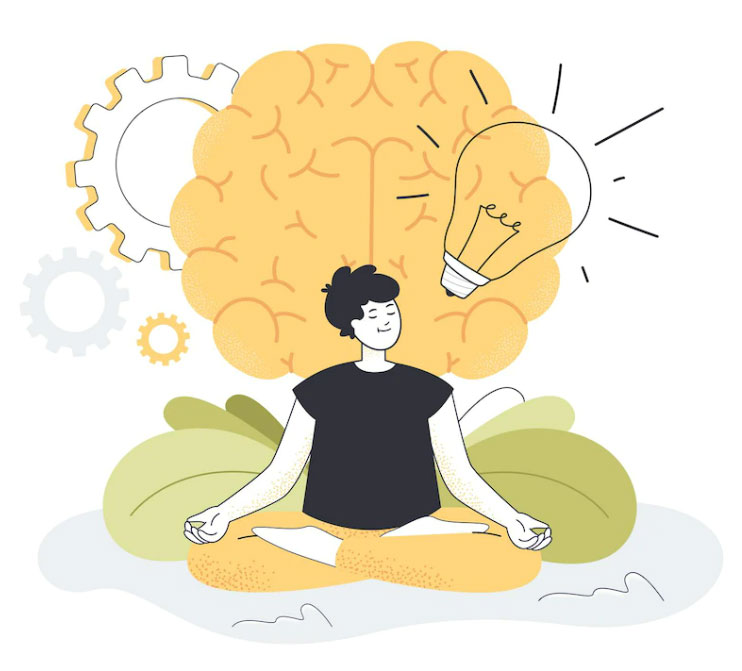
The brain serves as the body's command center. A newborn baby's brain contains all of its cells (neurons). But the way the brain works is what truly causes these relationships. We can think, talk, act, and very much do anything else thanks to these connections. As a youngster matures, making these connections is heavily influenced by its environment. When and to the extent that daily experiences link the neural networks of children, their brains successfully develop. These experiences are largely provided by parents.
Different parts of the brain govern diverse talents. A child's everyday brain connections shape the connections that will endure a lifetime. Children that grow up with polite and pleasant interactions are raised by kind and happy parents. As the child gets older, these synopses increase stronger and healthier. These connections will stick with them as kids grow older and become cheerful, loving, and compassionate people.
By the time they are five years old, a child's brain will be 90% the size of an adult's. Childhood is a time of rapid cognitive growth. The synapses established in a person's early years are strengthened by their experiences as they mature, which also shapes the type of person they will end up being. Offering these experiences depends on the parenting style.
The relationship that a kid has with his or her parents, family, and surroundings has a big influence on how their brain develops. Brain connections are formed when children interact properly with their parents and caregivers and use their senses to interact with the outside environment.
Parenting begins the moment a child is born. One study found a link between teenage brain shape reduction and extreme parenting behaviors such as being enraged, hitting, shaking, and yelling at children.
The brain needs considerable remodeling before it can function as an adult brain, despite the fact that the early years are critical for its development. Adolescence is a time of considerable rebuilding. The main distinction at this age is the 'pruning' away of unnecessary connections in the thinking and processing sections. Concurrently, other connections are strengthened.
The front of the brain's prefrontal cortex goes through the last remodeling. Children have the ability to organize their ideas, analyze the consequences of their actions, solve problems, and control their desires because of the prefrontal cortex, which controls decision-making.
Since the prefrontal cortex is still developing, teenagers may rely more heavily than adults do on the "amygdala," a part of the brain, to form decisions. The amygdala is associated with feelings, impulsive action, and inborn urges. A child's favorite hobbies may become neurally hardwired as a result of experiences and impacts throughout this time of development.
Parents play a significant role in a child's surroundings. A child's ability to develop a healthy brain will be greatly influenced by his or her parents.
